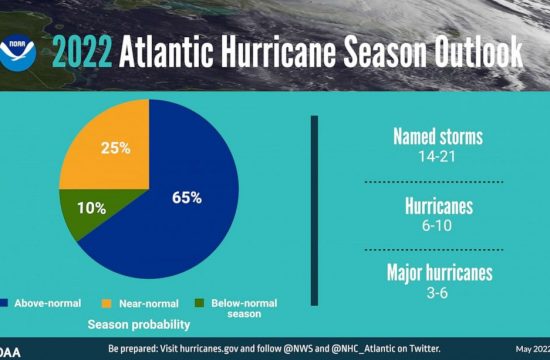After bearing the emotional weight of nearly 10 weeks of being physically separated from their most vulnerable loved ones amid a deadly pandemic, family members could soon be allowed cautious visits to elderly residents in some nursing homes in Massachusetts, the first state to loosen its protective guidance.
As of Wednesday, families in the state may be able to see their loved ones in privately owned nursing and long-term care facilities, as long as they are outdoors and there are no more than two visitors at a time. Visitors also must be screened for fever, wear a face mask for the duration of the visit and must remain at least six feet away from the resident, among other precautions like having an infection control specialist on hand, according to the state’s guidelines.
The loosened restrictions do no apply to state-run facilities, and are not mandatory for private facilities: they can decide when to reopen their doors to visitors.
And not all facilities are eager to enact the new guidelines.
Jill Sullivan, the director of nursing at the Arnold House Nursing Home in Stoneham, Massachusetts, said she’s worried the change is coming “too soon” and said the facility will ban visits again if there’s a single case of COVID-19 in the nursing home.
“I think they may have jumped the gun on this but I’m going to give it a try,” said Sullivan. “At any moment, I can decide it’s not working and close our doors. Our priority is the safety of our residents.”
A spokesperson for the Life Care Center of Leominster in Leominster, Massachusetts, says they will not be opening their doors “any time soon.” As of last week, eight residents have died of COVID-19 at the facility.
State officials in Ohio also announced last week that outdoor visits will be allowed but only at assisted living facilities beginning June 8. The guidance issued by the state does not apply to nursing homes. Assisted living facilities provide personal care in a home-like social setting while nursing homes provide medical and personal care in a clinical setting. Seniors who live in assisted living facilities remain independent aside from a few daily tasks.
But for family members like Francesca Veen, who has not visited her grandmother at a nursing home in Andover, New Jersey, since mid-March, the wait has been painful.
“I FaceTime her as much as I can but it’s not the same,” Veen told ABC News last week. “I just want to hug her and hold her hand.”
Tara Gregorio, President of the Massachusetts Senior Care Association says the new guidance is a “hopeful sign” and that the strict guidelines issued by the state, allow nursing home residents to stay safe.
“This is a positive step forward for our communities and will surely boost the spirits of our residents,” said Gregorio.
Carole Herman, President of the Foundation Aiding The Elderly (FATE), a non-profit that protects the rights of the elderly, believes more states should follow Massachusetts, saying facilities are capable of keeping everyone safe while reuniting families.
“It is about time that these facilities open up so that family members can see for themselves what condition and what type of care their family members have been receiving while under the shutdown,” said. “ It is also extremely important for the mental health and happiness of the residents.”











